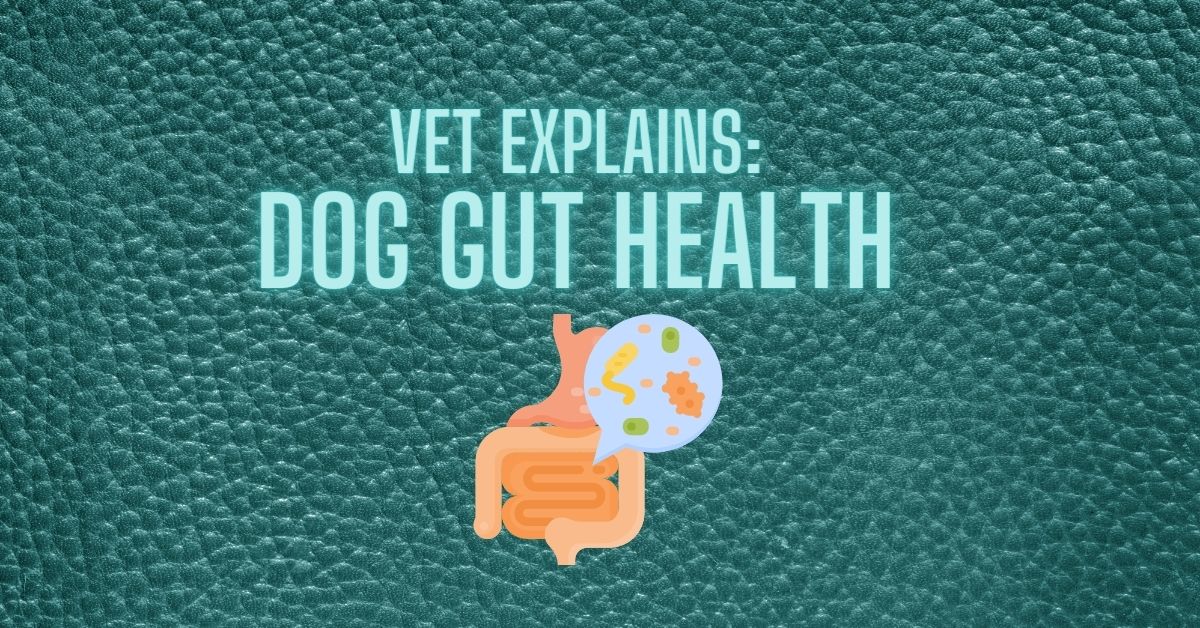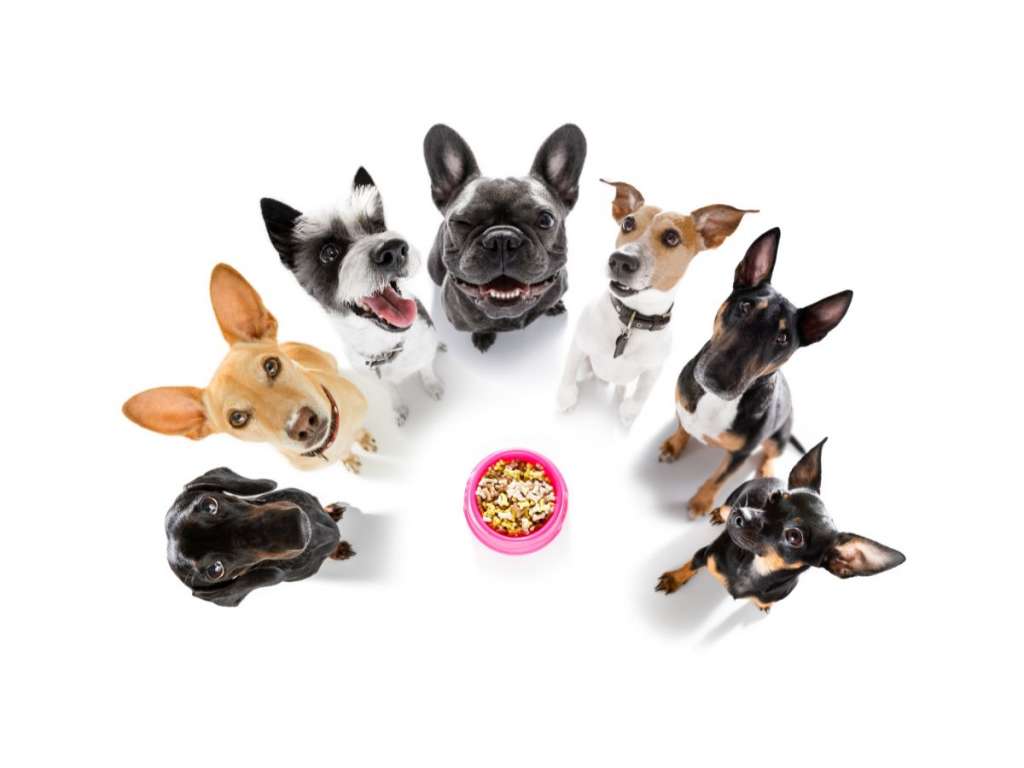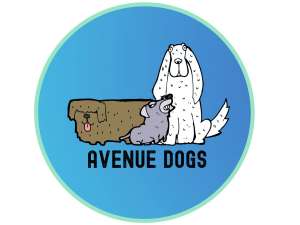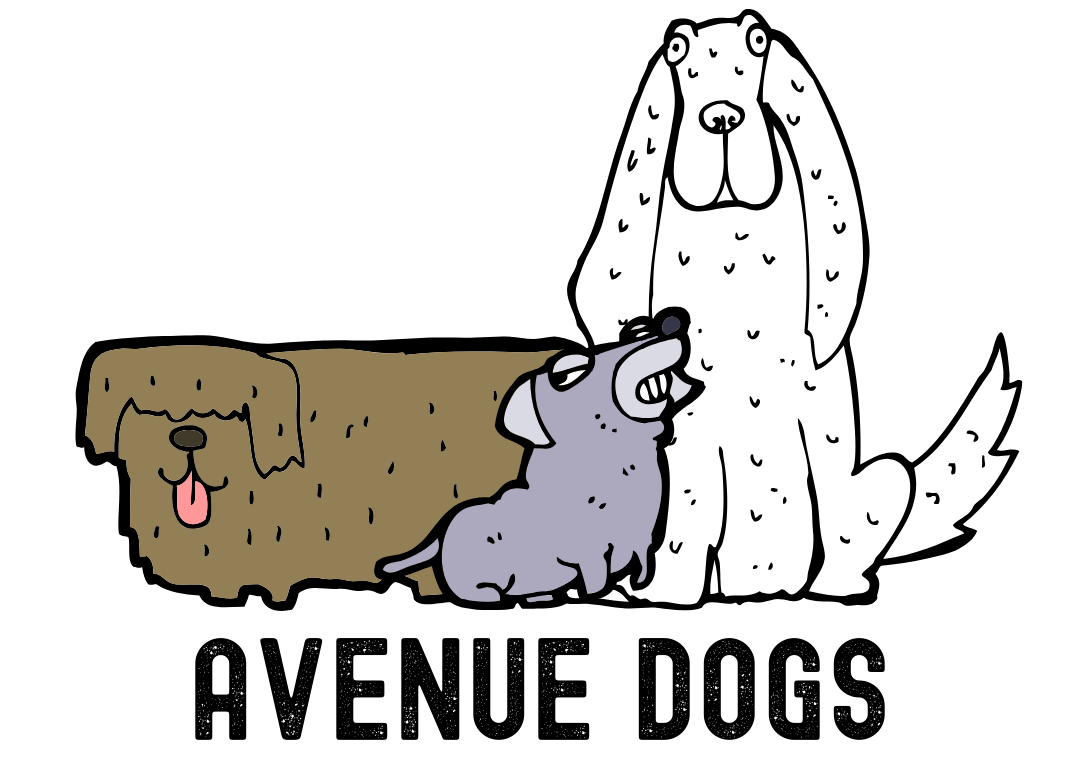





If you think that gut health is the biggest factor responsible for your dog’s overall health, you are right. Your dog’s gut health depends on many internal and external factors. The importance of those factors is stress, diet, and the health of the microbiome.
The dog’s gut is home to several microorganisms. Hundreds of microorganisms that live inside your dog’s gut are responsible for the normal functioning of the gut. If, somehow, their number increase or decrease, it causes an upset in the stomach.
If you’d rather listen to this blog, just click play on the YouTube video below:
On the contrary, if you manage to keep the count of the gut microbiome in the normal range, they can maintain the gut’s normal functioning. Therefore, our main focus in managing dog gut health remains on managing the optimum count of the gut microbiome.
In addition, people often forget the presence of the enteric nervous system, whose sole purpose is to manage the gut. It means that stress directly affects the functioning of the digestive tract. There are several causes of stress in dogs which are all important to managing to keep their health at an optimal level.
5 Ways to Improve Dog Gut Health
Let us see what you, as a pet parent, can do to maintain your furry friend’s gut health.



Dog Gut Health Tip #1 – Reduce Stress



Stress is the most important external factor affecting your dog’s gut health. Stress causes the release of hormones that prepares the body for fight or flight. In both modes, the body stops the blood supply to the digestive system because it is more needed for muscles.
When your dog suffers from prolog stress, maybe because of being alone, the digestive remains ineffective for a greater number of hours. It negatively impacts dog gut health and results in chronic gut problems. There is one drastic characteristic of chronic problems; they develop over a longer period but mostly cause irreparable damage.
There are several factors of dog stress. Loud noise, moving, and introduction to new people and pets can cause stress in your dog. You should ensure you’re doing everything to counter stress in your dog. Only then will he be able to enjoy a healthy life along with a healthy gut.
Dog Gut Health Tip #2 – Introduce Probiotics



You are aware of the importance of microflora in the gut. For a healthy gut, you need to maintain the optimum microflora in the gut. You can add a probiotic supplement to your dog’s diet to achieve that. Probiotics are food that contains healthy microorganisms that live in the gut.
While in the gut, probiotics help digest fiber and other plant-based nutrients. In addition, they help fight infection against harmful bacteria. Dogs are prone to respiratory and urogenital infections. A good probiotic diet can help fight these infections.
Probiotics are now offered in many dog food brands. You can also get it as a separate supplement and add it to your homemade diet.
Dog Gut Health Tip #3 – Introduce Prebiotics



Prebiotics are food for gut bacteria. Prebiotics improve the growth of bacteria present inside the gut. In addition, they are also involved in other beneficial functions for dog gut health. For example, fiber is a prebiotic as it promotes the growth of microorganisms in the gut.
In addition, it is involved in maintaining gut motility. Gut motility is the most important physiological function that needs to be maintained at any cost. That is why you need prebiotics such as fiber in your dog’s diet to help him maintain his gut health.
There is one concern about prebiotics. They can also promote the growth of harmful bacteria in the gut, if there is any already present. That is why you need to be careful when offering prebiotics to your dog. The best way is to offer prebiotics in low amounts at the start so that your pet can easily adjust.
Dog Gut Health Tip #4 – Give your dog a variety of foods



It is important to understand that the goals we achieve with balanced food can never be achieved with unbalanced food. Even if the unbalanced food is very high quality and nutritious, it can’t work better for your dog’s health. The only way to achieve the best dog gut health is to achieve it with balanced nutrients.
Dogs, just like humans, love variety in their diet. You can add variety to the diet by offering a combination of meat, vegetables, and fruits. If you offer the food in different colors, your dog will love it, and it will create better health results than any other food
Dogs need a combination of protein, carbohydrates, fats, vitamins, minerals, and antioxidants to maintain their health. All these nutrients can be obtained from a variety of food, i.e., meat, vegetables, and fruits. That is why, if you add variety to your dog’s diet, your dog will experience better gut health.
If you are feeding only kibble to your dog, it is time to make a change in that. You should go for other natural food options along with kibble. However, it is important that you avoid offering grains to your dog. Grains do no good to dogs.
Dog Gut Health Tip #5 – Stay away from drugs



Another important factor that can affect gut health is the use of drugs such as antibiotics and anti-inflammatory drugs (NSAIDs). Antibiotics are frequently used in microbial infections. They have the responsibility to kill bacteria. In doing so, they also kill the gut’s good bacteria (probiotics).
The obvious adverse effects of antibiotics are diarrhea and vomiting because they directly act on gut microflora. NSAIDs play a different role in the body but also have the same adverse effect. They induce diarrhea and vomiting in patients.
Extensive use of drugs can greatly impact dog gut health. You need to limit the use of drugs, right according to the advice of your veterinarian, to prevent your dog from having gut issues.
Final Thoughts on Dog Gut Health
The digestive system is linked with the supply of energy in the body. All the energy that the body needs is supplied by the digestive system, which is why it is important to maintain dog gut health to make up for body energy demands. Your dog can enjoy a long healthy life if you manage to prevent the factors affecting the gut health.






Dr Saba Afzal is a clinical veterinarian and a professional content writer. I am determined to disseminate ideas worth spreading to pet owners everywhere around the world. As an experienced veterinarian, I am dedicated to delivering accurate and updated knowledge to pet owners
I have more than five years of experience in content writing on different online platforms, including Fiverr, Upwork, and Guru. My expertise is in Microbiology, Biotechnology, Pets Animal Management and handling, and training. You will find my content truly fascinating, unique, and compatible with the world’s standards. I always write original content without any plagiarism and taking care of any grammatical errors.
I will be happy to address your queries and comments. Contact me here

4 Comments